Divorcing New York couples want to know who is responsible for the debt incurred during the marriage. Some debt might be the responsibility of both spouses, even if only one agreed to it. State laws govern marital debt and asset division. There are steps to help you reduce debt and protect your assets when divorcing your spouse.
Both spouses are responsible for community debt except where the law might impose an exemption. Most of the responsibility falls on the spouse who acquired the debt. In a common law state, the court will hold you responsible for any debt in your name, even if you signed as a co-signer.
Debt from being a co-signer doesn’t entitle you to the asset. For example, if you co-signed for your spouse to get a car, that doesn’t automatically grant you ownership of the vehicle. An exception occurs if you prove you made all the payments and the spouse cannot afford the remaining balance.
Asset division affects owned property and includes items with balances, such as mortgages, automobiles, boats and other material goods with outstanding balances owed.
Spousal debt obligations
In some circumstances, the judge can assign your spouse’s debt to you. For instance, your spouse might have a credit card in their name and use it to pay the mortgage or your medical bills. Although the card is technically in your spouse’s name, and they are obligated to the credit card provider, a judge could order you to pay the debt.
Debt after divorce
Financial counseling is a benefit for couples dividing assets and liabilities after divorce. Each person has separate living expenses and cost-sharing regarding children and other expenditures to consider. Avoiding the stress of fighting over who pays what and who receives is a practical and less expensive approach to asset division.

